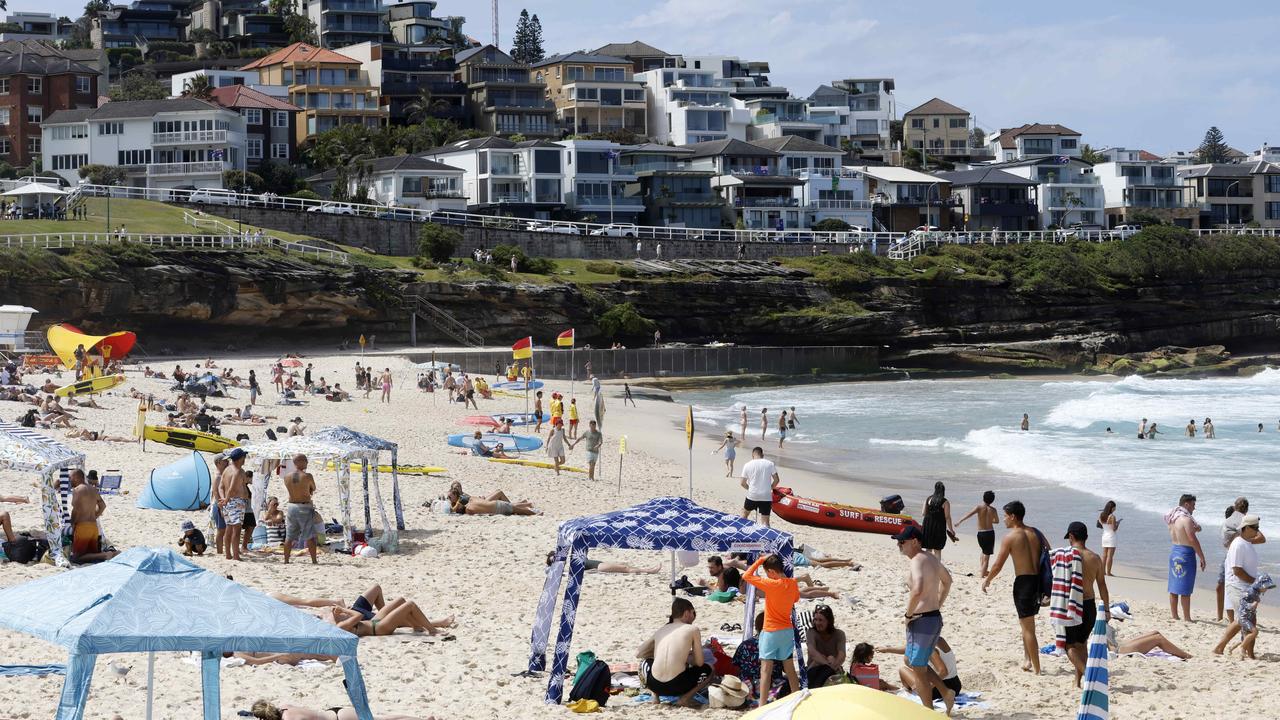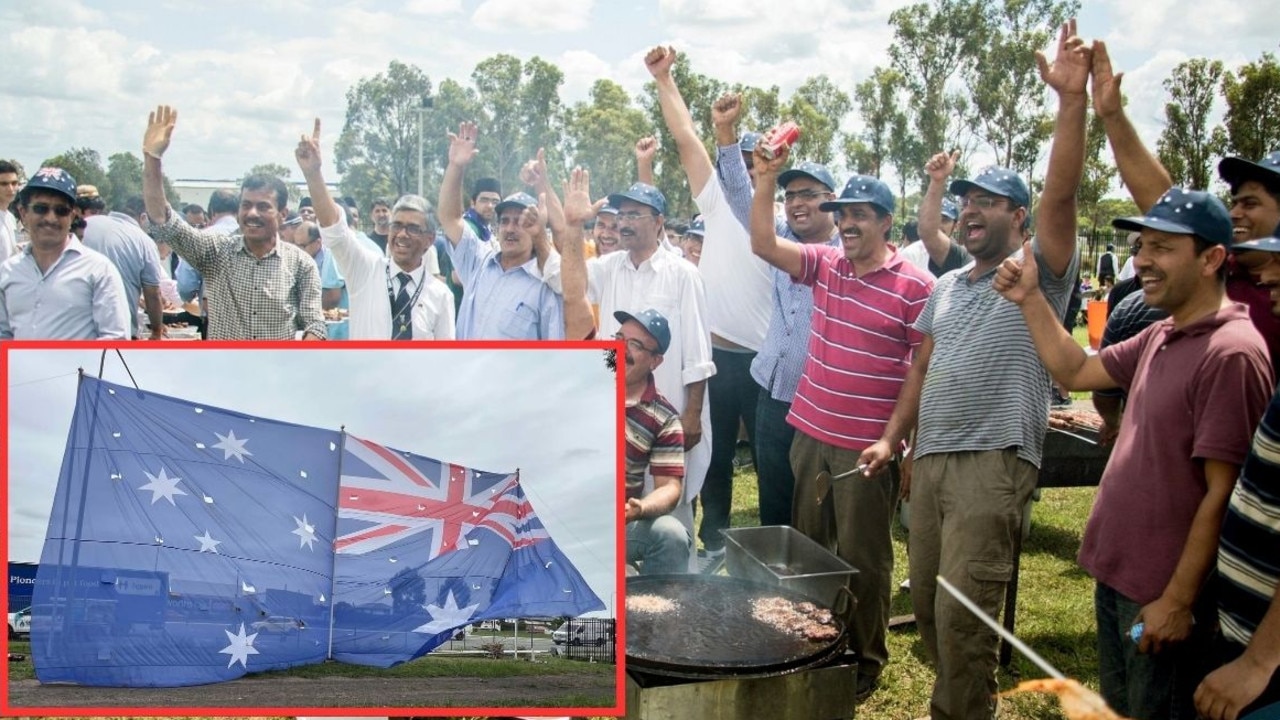Why you can’t say ‘Happy Australia Day’ anymore
It sounds innocent enough — but this common Australia Day greeting is no longer acceptable.
“Happy Australia Day!”
It sounds innocent enough, doesn’t it? Jovial. Patriotic. Well meaning, even.
But not anymore. Today, it’s something that is tone deaf at best, and disrespectful or offensive at worst.
RELATED: Australia Day debate: Why Aussies are still divided
RELATED: History of Australia Day: It wasn’t always celebrated on January 26
RELATED: Australia Day trading hours: What’s open this long weekend?
Now, before you bellow SNOWFLAKE! VIRTUE SIGNALLER! and decry outrage culture as responsible for everything that’s wrong with the world today (have you ever noticed that the people who tow this line always seem the most outraged of all?) — hear me out.
But don’t just hear me. Perhaps try listening to the indigenous people on whose land we work, rest and play. These aren’t just people sitting around waiting to be offended. They’re people whose land, children and basic human rights were removed from them. They’re tougher than any snowflake.
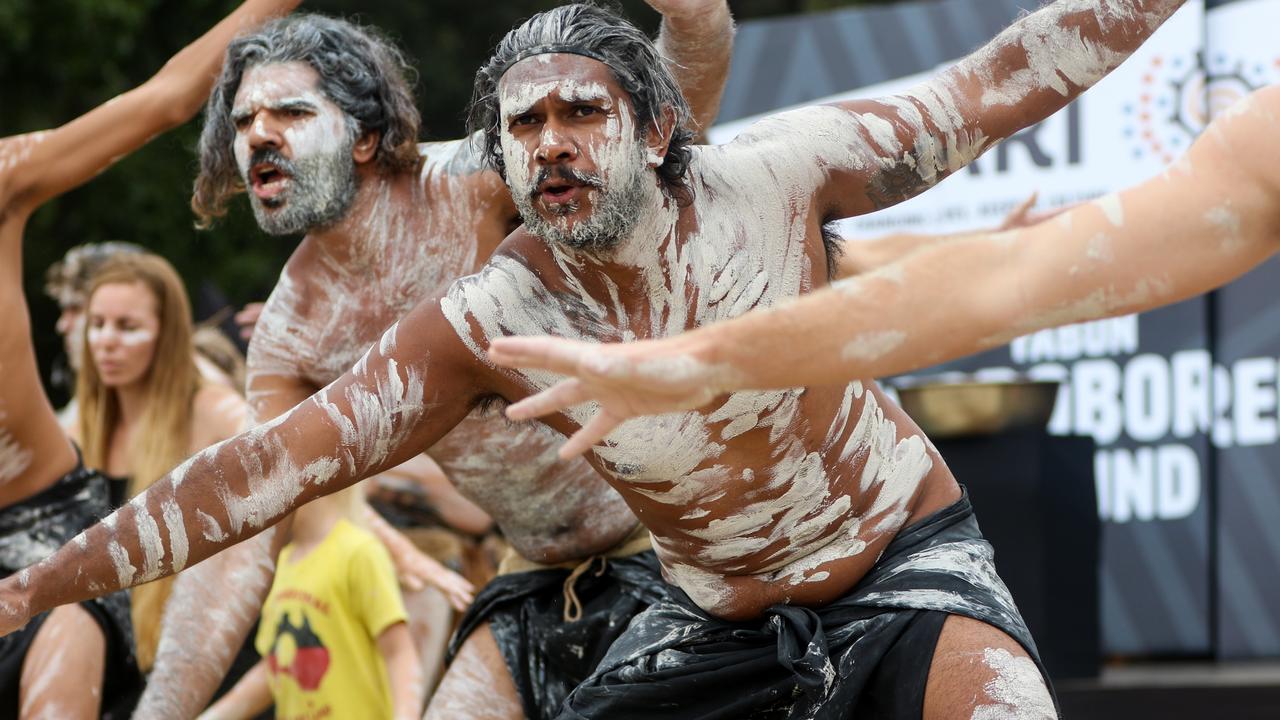
The reason Australia Day has become ground zero of our country’s culture wars is because it “celebrates” the 1788 arrival of the First Fleet of British ships. Vocabulary is hugely significant here. “Arrival” is a loaded word. Many would replace it with another, more accurate descriptor: Invasion.
Or as Bill Shorten brilliantly articulated it, speaking about Scott Morrison’s $6.7 million planned drainage of public funds into a Captain Cook replica ship to circumnavigate Australia: the man has a “bizarre Captain Cook fetish”.
The $6.7 million the government is spending on a replica Captain Cook voyage that never actually happened would fund the Aboriginal Legal Service's life-saving Custody Notification Service for nearly 14 years in one state.
— Denham Sadler (@denhamsadler) 22 January 2019
Cheree Toka, 28, is a leading Aboriginal campaigner. She’s currently using her 105,000-strong Change.org petition to campaign to have the Aboriginal flag fly atop the Sydney Harbour Bridge permanently (Labor will do this if elected in NSW; Gladys Berejiklian won’t budge from her 18-days-a-year policy).
The Aboriginal flag next gets raised on Australia Day — only to be removed the next day. But Ms Toka prefers a tougher vernacular to the jingoistic “Australia Day”: she calls it “Survival Day”.
“It’s not a happy day for First Nations people” Ms Toka tells news.com.au. “It’s a day of that resulted in mourning and sorrow. The day the raising of the Australian flag on Aboriginal turf destroyed our history and culture.”
Some people instead use the parlance of grief to describe such a day, referring to it as the “Aboriginal Day of Mourning”.
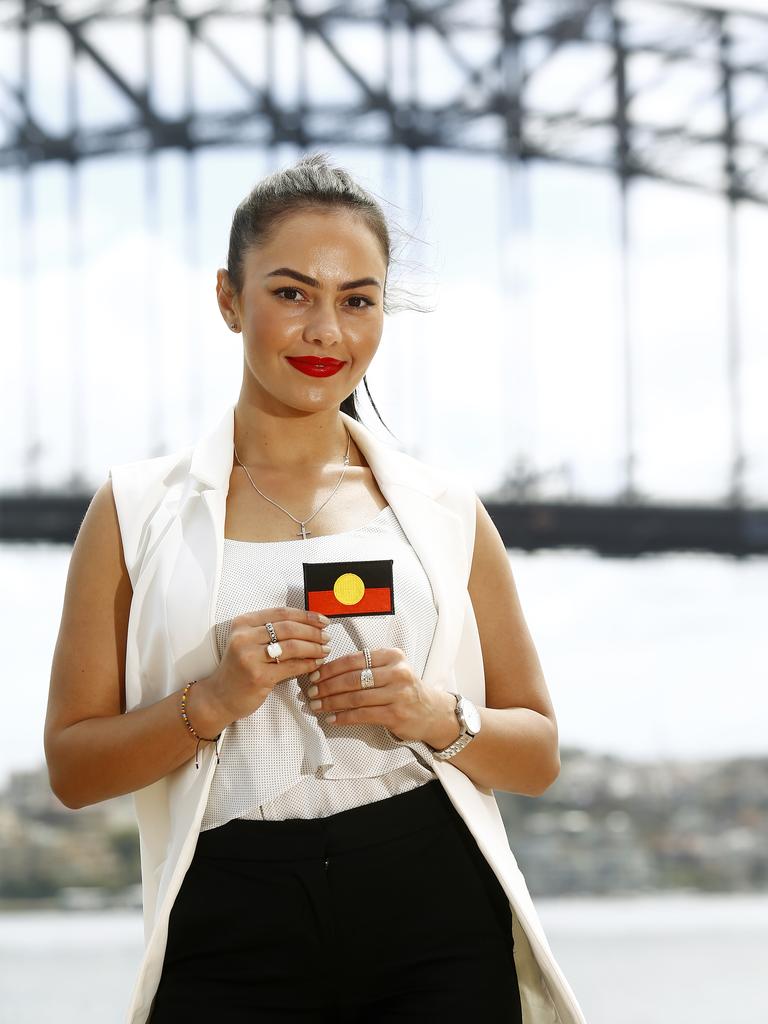
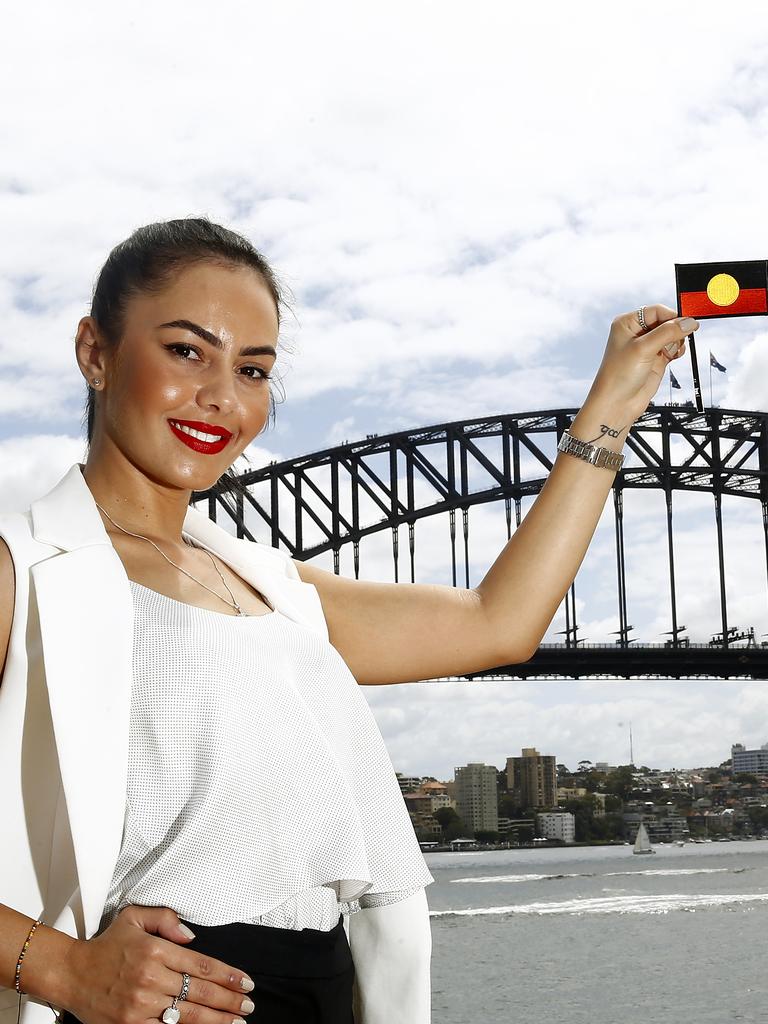
Kado Muir, a leading advocate for Aboriginal culture, heritage and awareness, describes the phrase “Happy Australia Day” as “an ignorant gesture that belittles each of us”.
“The annual Australia Day debate brings sadness to my heart — this issue is extremely divisive and sensitive to all Australians,” Mr Muir says. “I know White Australia is guilty and fragile. I know Black Australia is broken and angry.
“My contribution to the Australia Day debate is to call for each of us to rise above these base destructive emotions and focus on what unites us. A belligerent us and them debate demeans us all.”
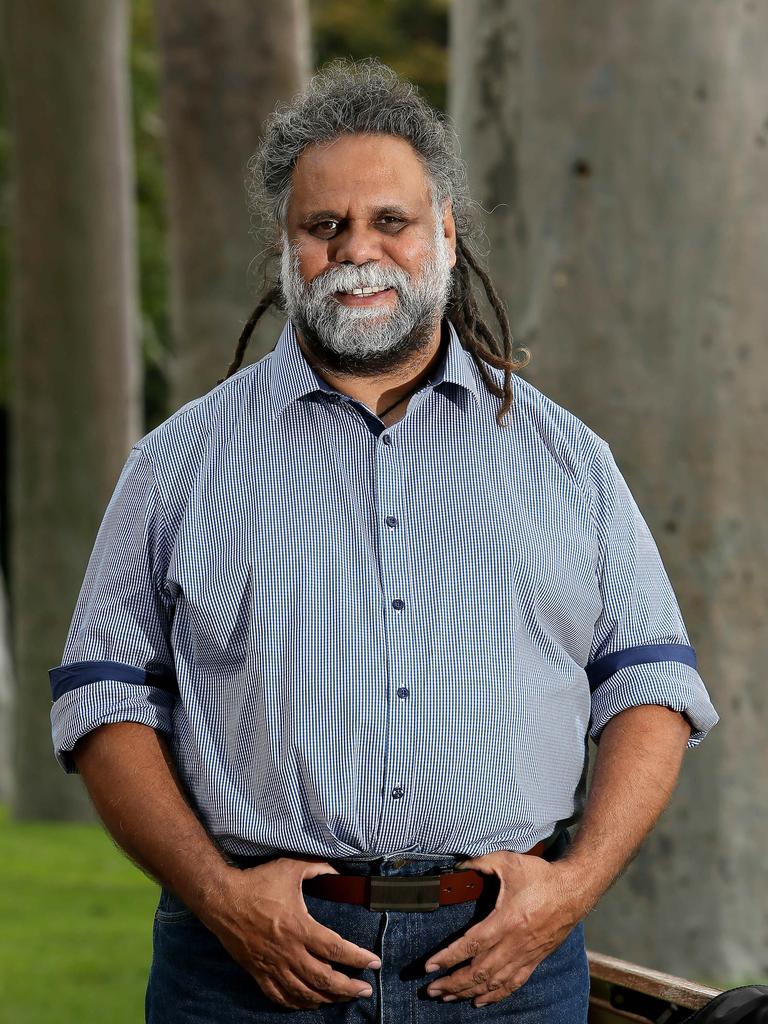
National holidays can be a minefield — especially for fresh arrivals to Australia, as I was seven years ago. “Happy ANZAC Day!” I chirped breezily as I met up with new Australian friends on my first April 25 in Australia.
They informed me there was little that was “happy” about ANZAC Day (the phrase being somewhat of an oxymoron) and the greeting was probably best dropped in favour of sombre, and silent, remembrance. I blushed. If I’m honest, it was extremely awkward.
Had I thought about it for longer than 10 seconds, that much would’ve been obvious.
There are lessons we may take from my blunder! For many, “Happy Australia Day” could be similarly paradoxical: consider expunging it as a greeting from your lexicon if you stand with our First Nations people.
Or, go one better: Sardonic irony, in the true Aussie larrikin spirit. This is a good tactic for a response to those who wish you a “Happy Australia Day” if it causes you discomfort.
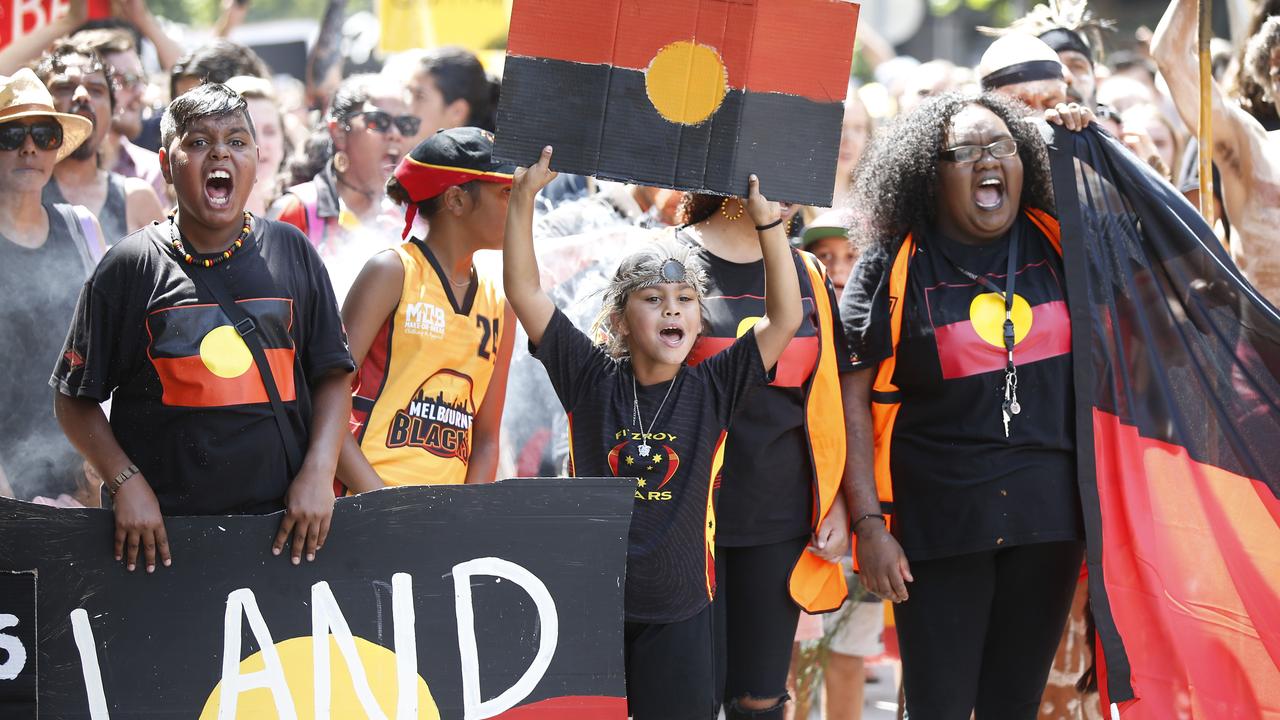
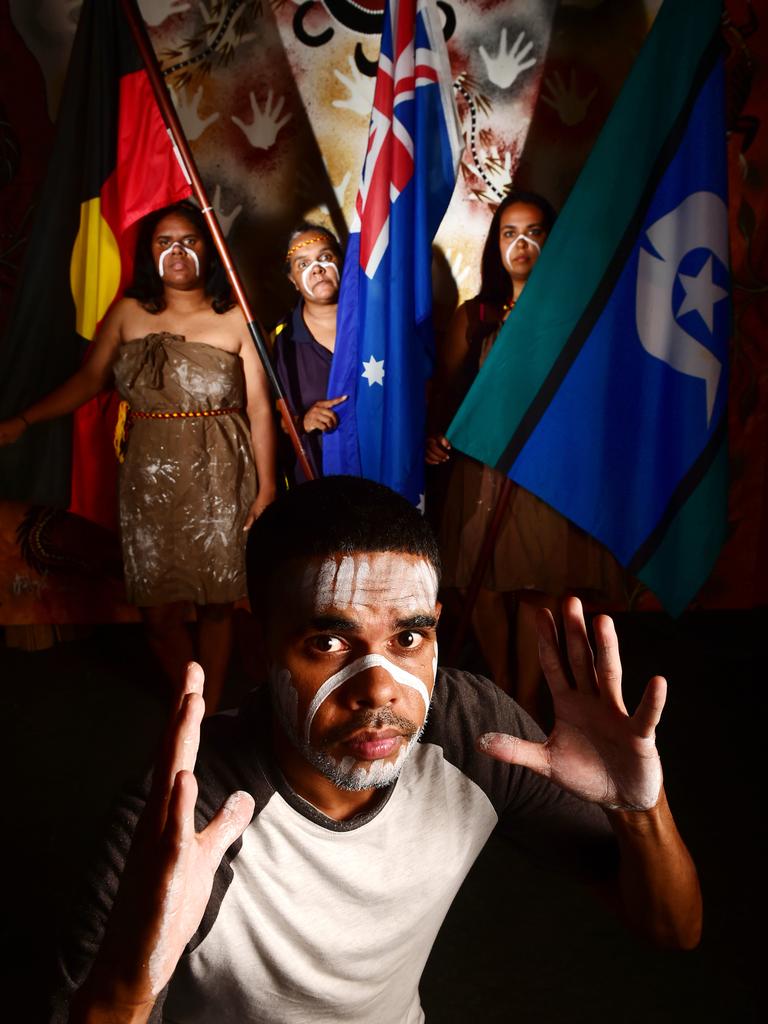
Non-indigenous theatre director Richard Carroll has the perfect riposte, to show solidarity with indigenous people
“It’d depend if it was a friend or stranger (wishing me Happy Australia Day),” he says. “If a stranger I’d let it pass, maybe say thank you. If a friend, I’d either cheekily correct them with ‘Invasion Day’, or politely explain that I don’t observe Australia Day on January 26.”
Linguistic cultural warfare also happens over the phrase “Happy Christmas”. Like clockwork, the annual news story reports that “Merry Christmas” is BANNED because people might find it offensive.
But not everyone’s a Christian. This is less about offence and more about thoughtfulness and accuracy. The cheekily alliterative “Happy Holidays!” is a perfectly fine alternative.
There’s no perfectly fine alternative to the greeting “Happy Australia Day”, though. I’d feel more comfortable using that phrase on pretty much any other day of the year.
But not January 26.
On behalf of my British ancestors (I became an Australian citizen on my birthday two years ago after moving here from London), there’s one word, rather than those three, I’d like to say to any indigenous person in the context of the wrongdoing those land-hungry and often racist ancestors inflicted.
Sorry.
— Gary Nunn is a freelance journalist. Twitter: @garynunn1


